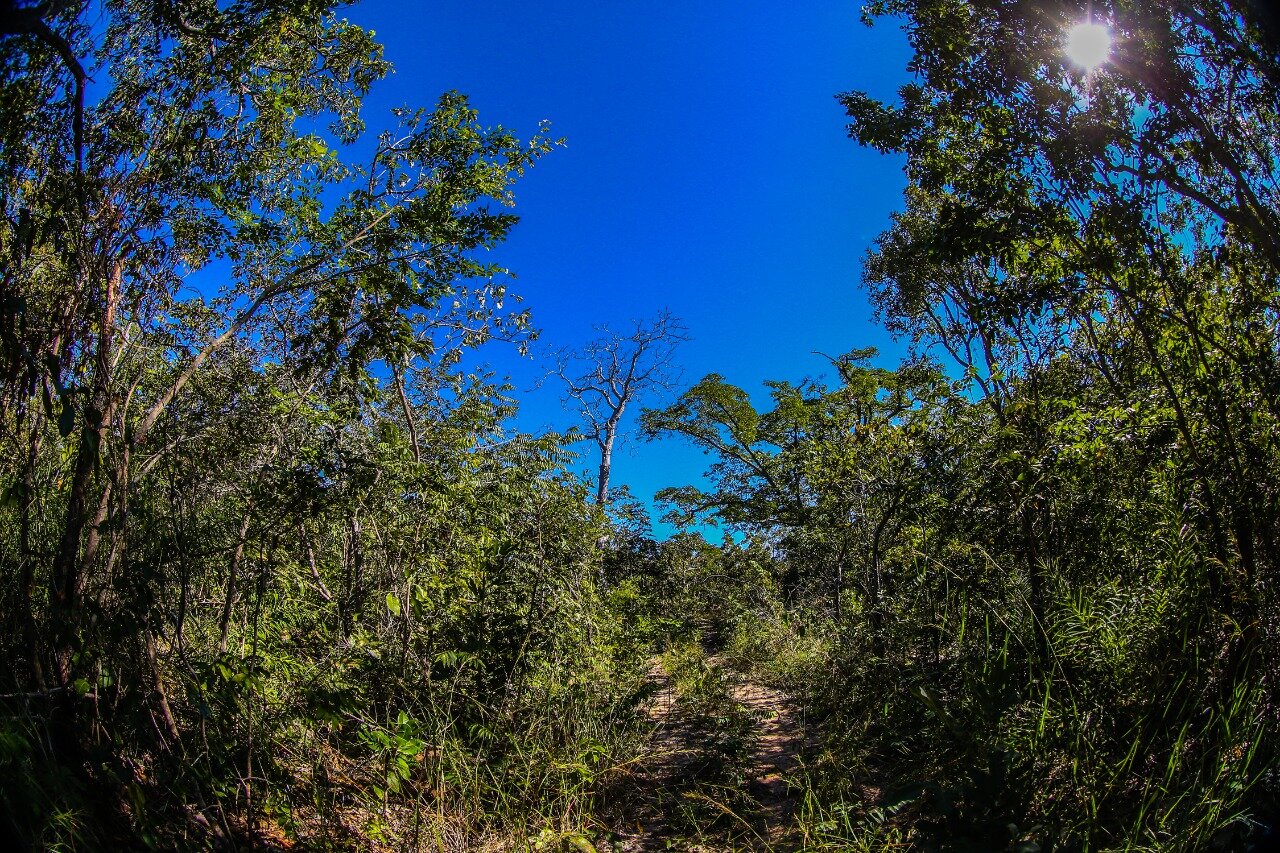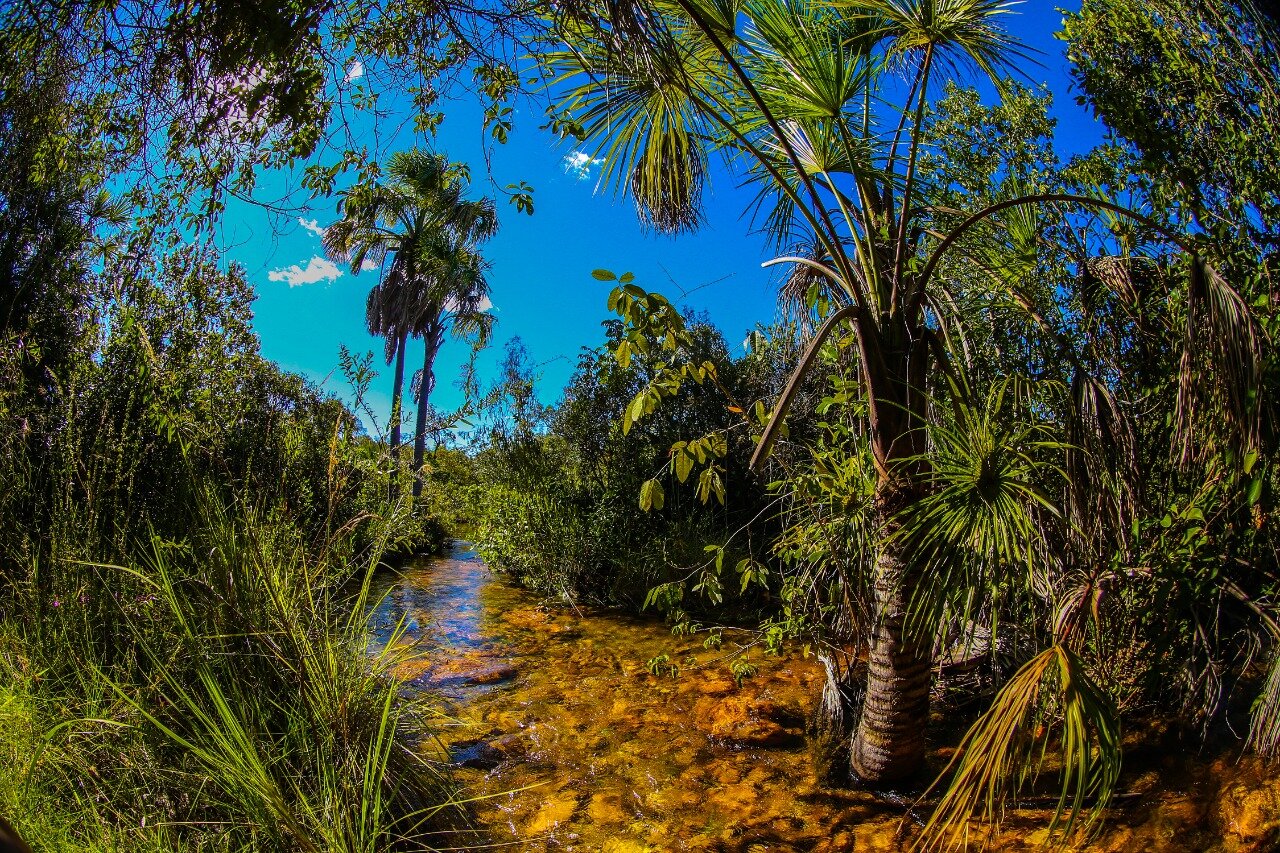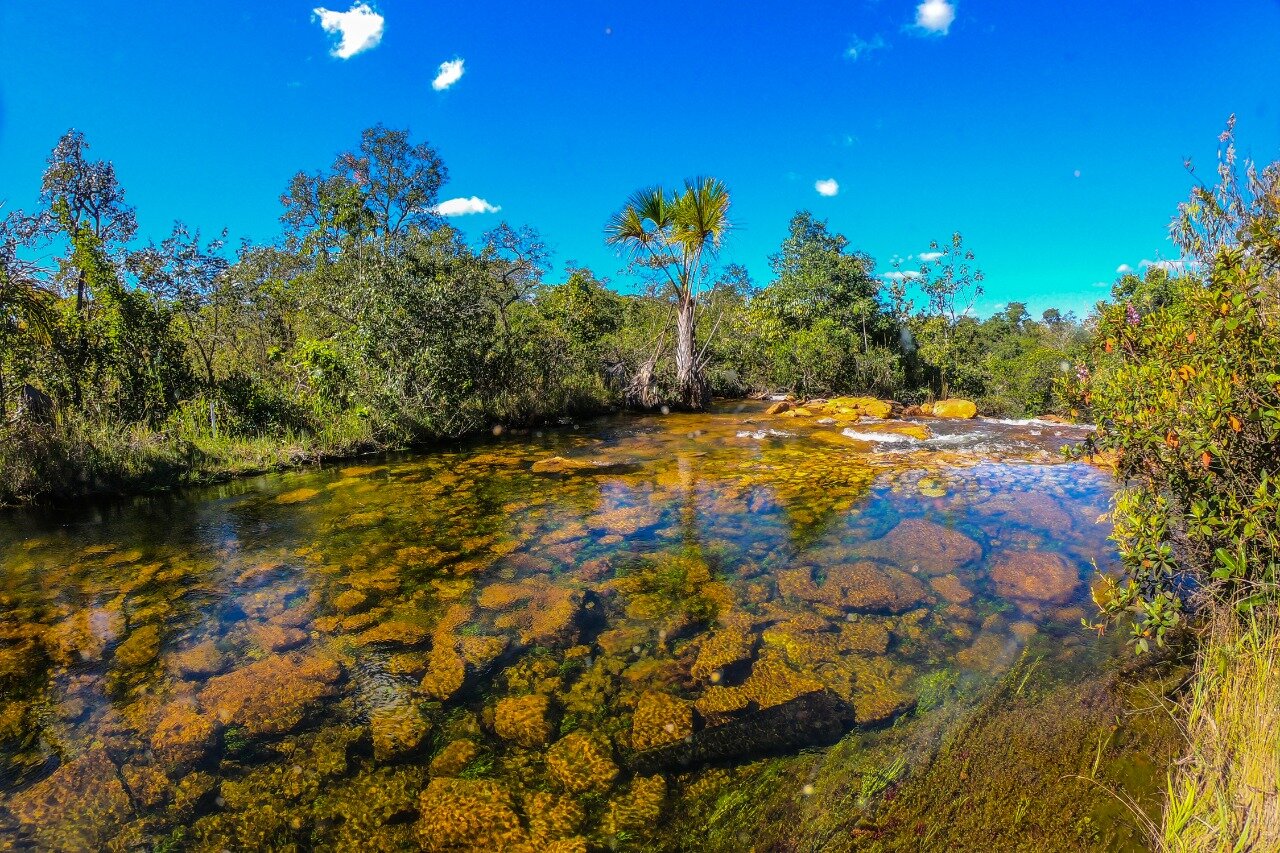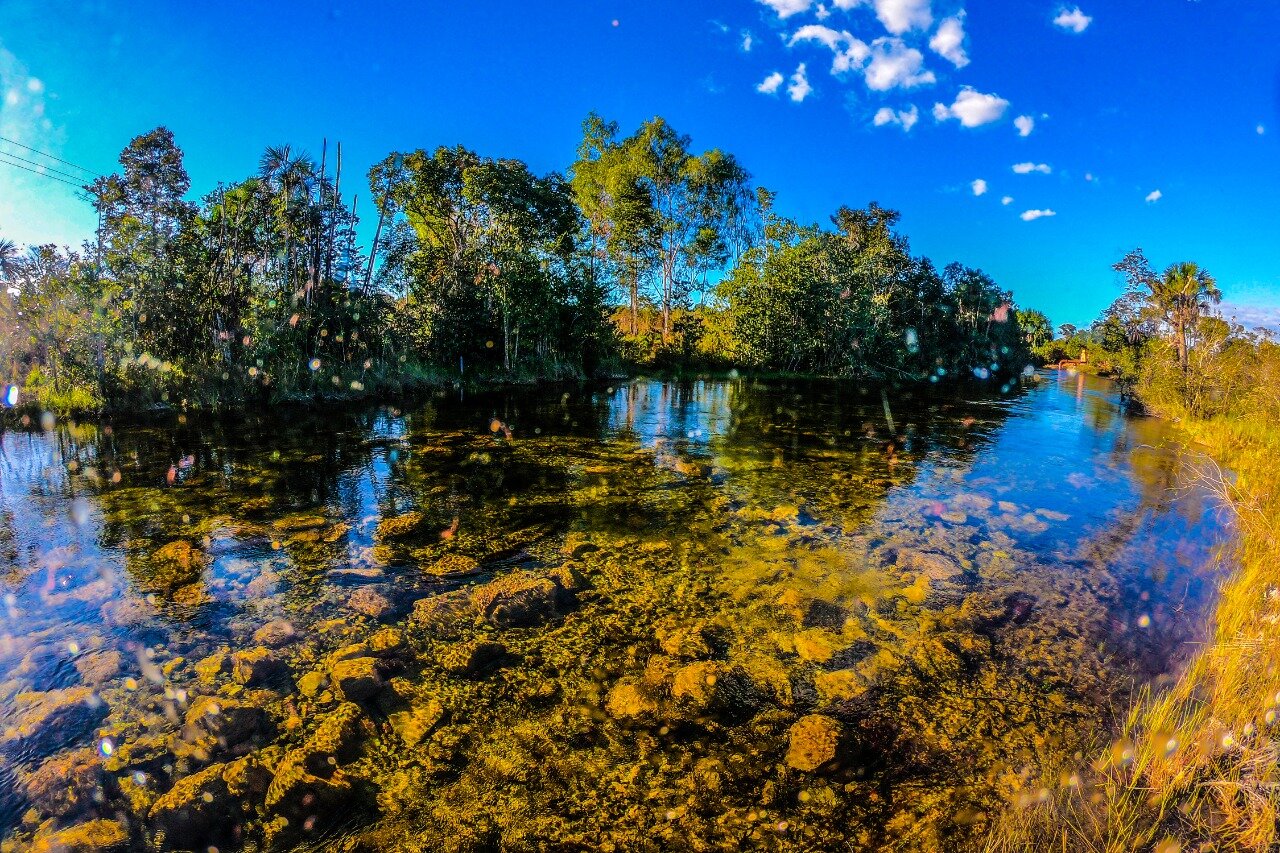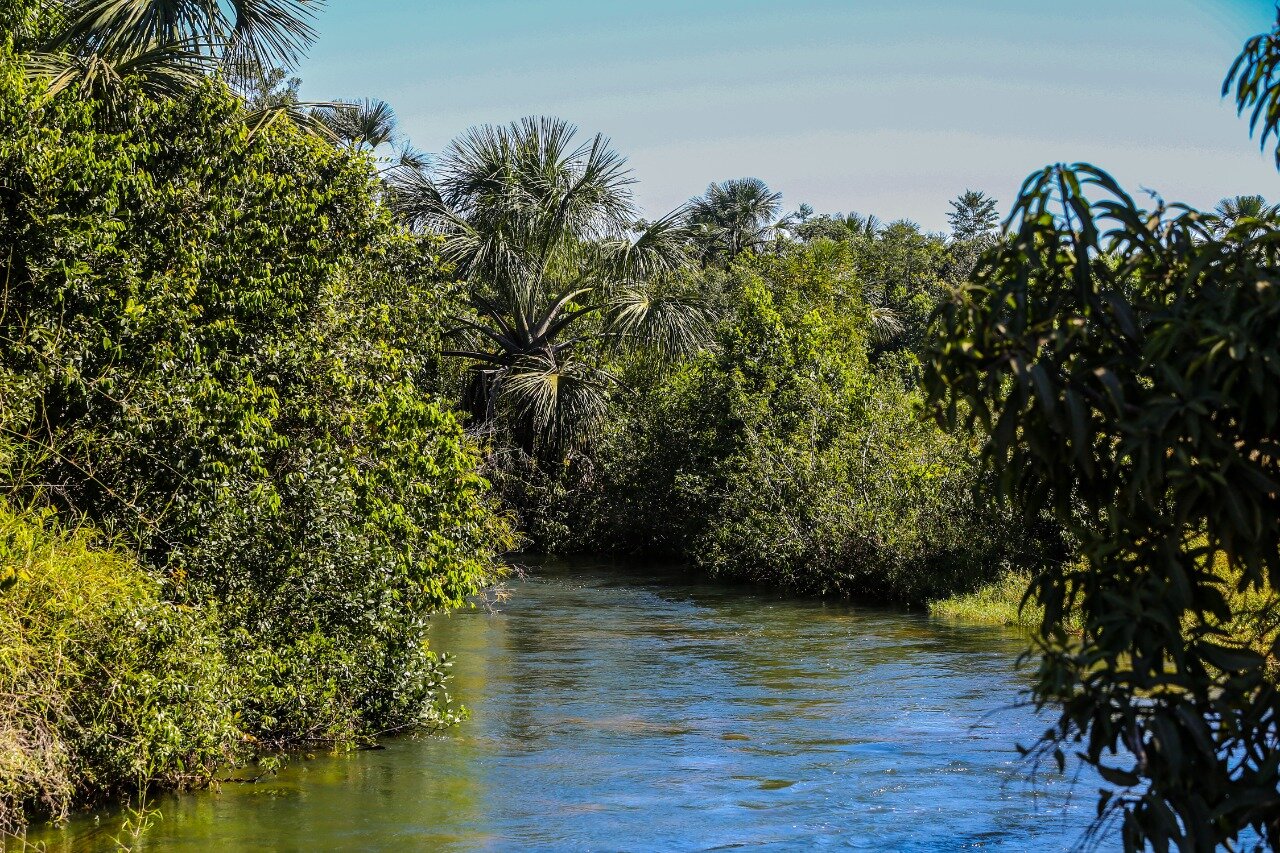Environmental Regularization and Best Agricultural Practices to Promote Sustainability
The Director of Environment and Irrigation for the Association of Farmers and Irrigators of Western Bahia (AIBA), Alessandra Chaves, tells us how the institution took on a commitment to sustainable development
For the past eight years, Alessandra Chaves, a biologist with a master's and doctorate in botany and a post-doctorate in the implementation of the Brazilian Forestry Code and water availability, has been heading the Environment and Irrigation Board of the Association of Farmers and Irrigators of Western Bahia (AIBA), coordinating projects and sustainability actions in an area with an undeniable and growing agricultural vocation in Brazil. Located in the Cerrado biome, western Bahia occupies a total of 3.1 million hectares, of which 2.6 million are dedicated to the cultivation of fruit, fibers, and grains. Soy crops alone account for more than 6.8 million tons per year, with a record of 67 bags per hectare in 2021, according to data from AIBA's Technical Council and the soy rally. "By creating a specific department for environmental issues, AIBA took on the practice of sustainability," says Alessandra Chaves. And it made the involvement of farmers in the use of best agricultural practices and of guidelines to implement the Forest Code, the Rural Environmental Registry (CAR) and all related legal provisions, a priority for the association. With AIBA, the Land Innovation Fund supports the implementation of a communications effort to strengthen sustainable farming practices in the region, providing important tools for innovation, information management, and environmental monitoring, in partnership with Fundação Solidaridad and Senai Cimatec.
"At AIBA, we don't work only with the Forest Code. We deal with the overall environmental compliance of rural businesses", explains Alessandra. The Association offers technical and legal support, accompanies the status of registration and updates in the State Forestry Registry of Rural Properties (CEFIR) and the Rural Environmental Registry (CAR), and encourages farms with outstanding environmental obligations to enroll in the Environmental Regularization Program (PRA), in addition to orienting and mobilizing farmers to create forest firefighting brigades. Since the creation of the Environmental Office and the Environmental Regularization Support Center, AIBA has assisted more than 1,400 people and promoted compliance with the CAR in an area of 8 million hectares in Western Bahia, which is now the region with the highest compliance with rural registrations in the state. The institution notifies rural landowners of any publications in Official Gazettes (Federal, State and Municipal) and keeps members abreast of all updates to environmental norms. Their intention, explains Alessandra, is to work in partnership with farmers, to avoid economic and environmental damage. "I always say this: we work on the precautionary principle," she concludes.
Photo Credit: AIBA Archive
Besides supporting farmers' efforts to gain compliance with environmental legislation, AIBA also stimulates the implementation of responsible agricultural practices favoring sustainable development. "Today we have some practices that are catching on. Over 90% of our people now do no-till farming", says Alessandra. The use of biological inputs for soil treatment has grown in the region, with biofactories in operation, including some rural companies operating on a large scale for nematode control. "Maybe we also need to encourage more crop rotation, when possible, which is fundamental to improve soil conditions," she adds. Some farms use small basins dug into the ground, known as barraginhas, to capture rainwater and recharge the water table. They also use contour lines and terraces, where the topology is favorable to the use of such techniques. Responsible agricultural practices stimulate the return of biodiversity, lower temperatures, and increase water recharge, thus improving soil quality and, consequently, reducing the demand for new crop areas.
For Alessandra Chaves, it is important to promote more integrated public and private policies to stimulate sustainable production alternatives. Market demand, gains in scale of production, and population growth have driven production and productivity growth in several regions. Promoting the adoption of soil and water conservation practices, such as no-till and low-till farming, as well as crop rotation, are fundamental for sustainability, and gaining scale in the adoption of these techniques is also fundamental. She argues that better financial conditions and bonuses for long-term improvement programs can stimulate the adoption of alternative practices that improve yields, water retention in the soil, and aquifer recharge, among other important benefits for the region.
Efficient water use is another important issue for the region. AIBA follows the legislation and licensing acts, such as the permits that regulate and authorize the use of chemicals on farms, as well as technological innovations available to improve the responsible use of water. "Nobody has an interest in using more water than necessary," says Alessandra. Of the 2.6 million hectares of cropland in the region, only 200,000 hectares are irrigated, which correspond to 8% of the Cerrado area and 2% of western Bahia. "Less and less water is being used to irrigate farms, since over time, technology has made farming systems more efficient," she adds. Currently, AIBA has an irrigated agriculture program for small farmers, developed in partnership with Cargill, in its initial implementation phase; as well as the Rio de Janeiro Basin Management Plan, already concluded, which addressed the issue of off-farm territorial planning and the use of water and soil, for nearby territories and local communities in an area of 352,000 hectares in the municipalities of Barreiras and Luiz Eduardo Magalhães. The association also maintains institutional partnerships with academic centers, such as the Federal University of Viçosa (UFV) and the State University of Bahia (UNEB), to carry out major studies on surface and underground water availability, land use and carbon.
Photo Credit: AIBA Archive
Research and innovation at the service of agriculture
Spurred by a federal government investment program for large-scale agriculture, soybeans arrived in Western Bahia in the 1980s, brought by migrants from southern Brazil. Natives of Rio Grande do Sul, Santa Catarina and Paraná brought with them soy cultivars not adapted to Western Bahia, where acidic Cerrado soils, poor in calcium, potassium, phosphorus, nitrogen, magnesium and micronutrients, did not favor higher yields, which were no more than 15-20 bags per hectare, according to AIBA's own figures. Concerted investments in science and technology, mainly through Embrapa studies, bred new cultivars adapted to the region's climate and also improved soil conditions.
For Alessandra Chaves, the region’s adverse weather and soil conditions obliged local farmers to look for scientific knowledge and technological innovation to enable their crops, and boost yields in the region. "We ended up building a large-scale coordination among several institutions, a huge communication network, actually", says Alessandra. Projects and programs have brought farmers closer to private enterprise, to the startup ecosystem, and to cutting-edge research done in teaching and extension institutions. "It's more than just farmers looking for more efficiency anywhere in the world. If it weren't for the parallel research, working together with the farmers, we really wouldn't have been able to raise the region to the high productivity levels seen here – an average of 67 bags per hectare, for soy – which today are an example for other regions in the world," adds Alessandra. The results are visible in the field, with the development of highly technified. efficient farming, attentive to genetic breeding techniques, to adoption of best agricultural practices, and to sustainable development.




